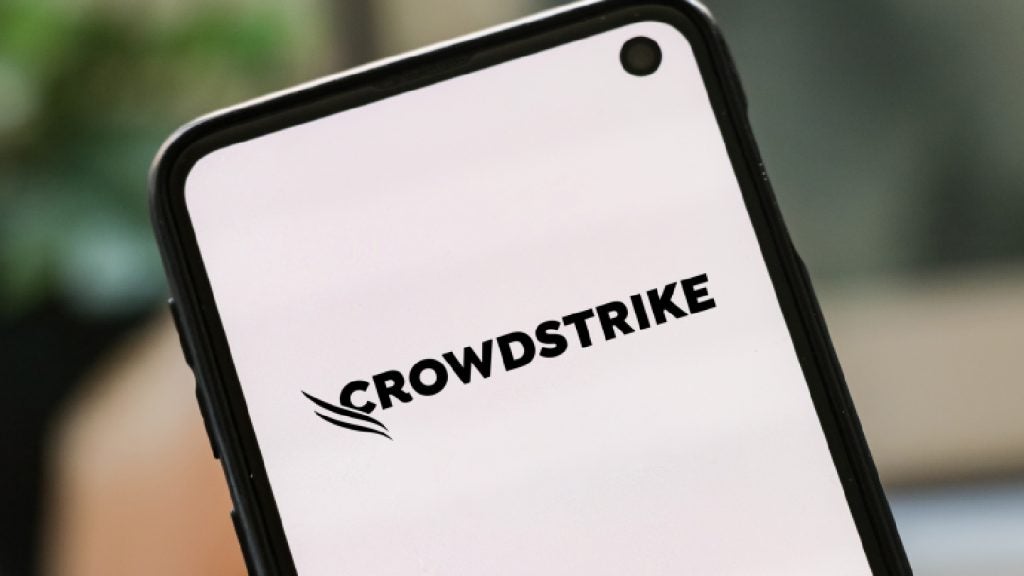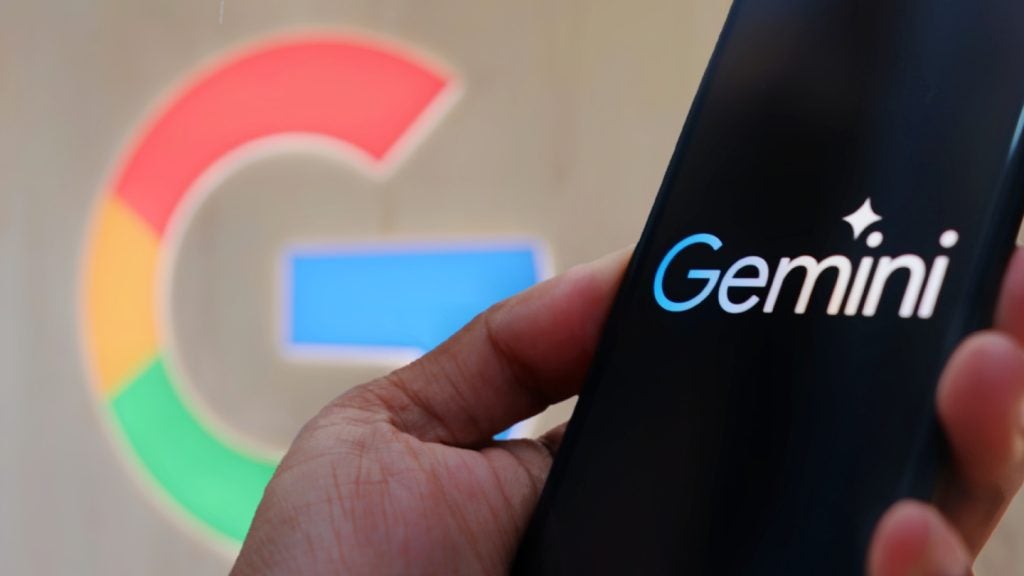
Free market “failure” led to Chinese technology firm Huawei becoming the leading 5G player, a policy expert has told the UK’s Science and Technology Committee.
The dominance of Huawei in the next generation of wireless networks has been thrown into the spotlight by the UK banning new Huawei 5G technology in its network from 2021. Last week’s ban was triggered by fresh US sanctions against the Chinese firm, which followed intense US lobbying against its allies to exclude Huawei from their networks.

Access deeper industry intelligence
Experience unmatched clarity with a single platform that combines unique data, AI, and human expertise.
It has caused much introspection among Western governments, who have found they lack a domestic telecoms rival able to match Huawei – with the exception of Ericsson in Sweden and Nokia in Finland.
“The reason that we are experiencing this gap is that free markets essentially failed the US, Canada and the UK in creating this market – free markets being capitalism,” said Amy Karam, fellow at the Canadian Global Affairs Institute, a research institute.
She told the committee’s inquiry into the UK’s domestic telecommunications capability that “tight coupling” between Huawei and the Chinese government helped “catapult Huawei as a global leader”.
Huawei denies that it is built on Chinese state funding.

US Tariffs are shifting - will you react or anticipate?
Don’t let policy changes catch you off guard. Stay proactive with real-time data and expert analysis.
By GlobalDataChina’s “assertive” approach allowed Huawei to get ahead, she said, such as pushing other countries to use Huawei equipment when forging trade agreements.
“They created their own system that was a competitive disadvantage for our system,” said Karam.
Karam pointed to companies like Cisco – where she spent 11 years as a consultant – failing to invest in “not very lucrative” radio access networks (RAN) because it is beholden to shareholders. Huawei describes itself as a private company owned by its employees.
Said in the short term “industrial policy” was needed to catch up because it was too late for a new telco vendor to compete like-for-like with Huawei.
Instead, a “leapfrog approach” was needed, such as investment in OpenRAN – the principle by which telecommunications equipment is interoperable with various vendors, who each make different components instead of one company making the entire technology stack.
The UK is currently exploring OpenRAN as part of its telecoms diversification strategy.
Dr Dritan Kaleshi, head of technology (5G) at Digital Catapult, a UK innovation centre, told the committee that the IT and telecoms worlds were like “tectonic plates moving against one another”.
He said that public and private investment in R&D in the space has been lacking, “particularly in the Western world”, and that more is needed.
“This is a good time to have a very in-depth look into the strategy and what needs to be done…in both the medium and the long term,” he said.
Read more: UK’s Huawei evaluation centre faces “challenges” from US sanctions







